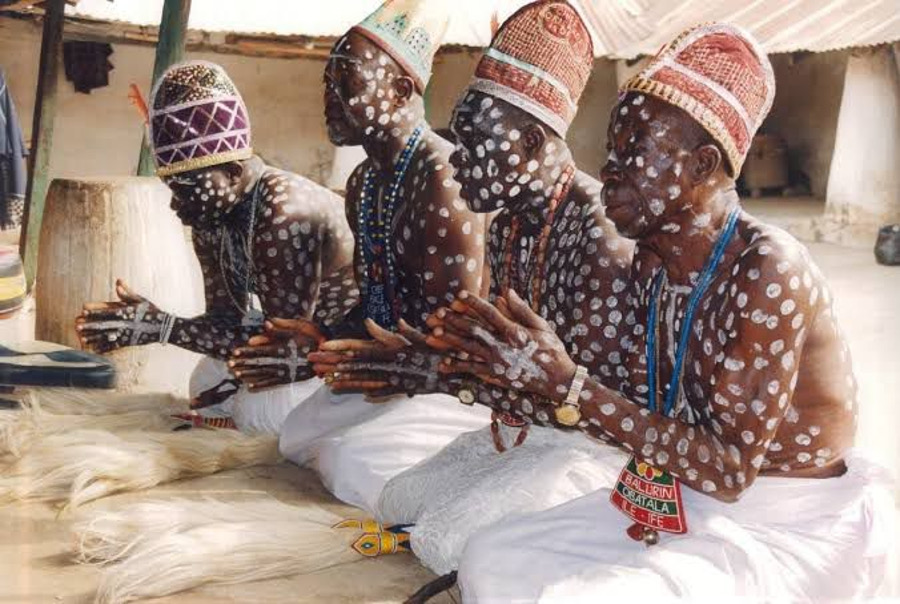Traditional leaders in Ondo State, Nigeria, are advocating for the official recognition of traditional oaths for public officials, arguing that these oaths are more effective in ensuring honesty and accountability than those administered with religious texts like the Bible or Quran.
Over the years, there have been numerous instances where public officials, after taking oaths on religious texts, have engaged in corrupt practices and abused their power, often without facing significant consequences. This has led to widespread frustration and calls for a more stringent system.
Ayobami Ogedengbe, the Araba Awo of Oke Agbe, presented this argument during the Isese Day celebrations in Akure on Tuesday. He believes that traditional oaths, which are deeply rooted in local customs, would provide immediate and effective deterrents against misconduct.

Ogedengbe emphasized that traditional oaths have a strong cultural significance in Yorubaland, where the consequences of violating such oaths are well understood. According to him, the current system in Nigeria has several flaws that compromise the integrity of public offices. He pointed out that many Nigerians believe the gods uphold integrity, and a Yoruba person would be unlikely to breach an oath taken before these deities due to fear of divine retribution.
He explained that traditional oaths are respected because they are associated with powerful deities like Ogun, the god of thunder, who is believed to enforce the terms of the oaths. The fear of these consequences adds a layer of seriousness that might be lacking in religious oaths. Ogedengbe suggested that incorporating traditional oaths into the public office swearing-in process could enhance the effectiveness of African traditional religious practices and contribute to a more ethical governance system.

In addition to his advocacy for traditional oaths, Ogedengbe and other leaders are also calling for broader recognition and celebration of Yoruba cultural heritage. On the occasion of Isese Day, Araba Folorunsho Adetunji, the Araba Isese of Ondo State, urged the Ondo State government to officially recognize August 20 as a public holiday to commemorate the Isese festival. Adetunji explained that Isese Day is a celebration of Yoruba origins, honoring the deeds of ancestors and reflecting on the rich cultural traditions and customs of the Yoruba people.
He highlighted that celebrating Isese Day as a public holiday would not only honor Yoruba heritage but also educate others about the importance of these traditions in maintaining social order and integrity. Adetunji’s proposal aims to promote a deeper appreciation of Yoruba culture and strengthen the community’s connection to its historical roots.
Overall, the push for traditional oaths and the celebration of Isese Day reflect a broader effort by Yoruba leaders to integrate cultural practices into contemporary governance and public life, seeking to restore trust and respect in public institutions.




































